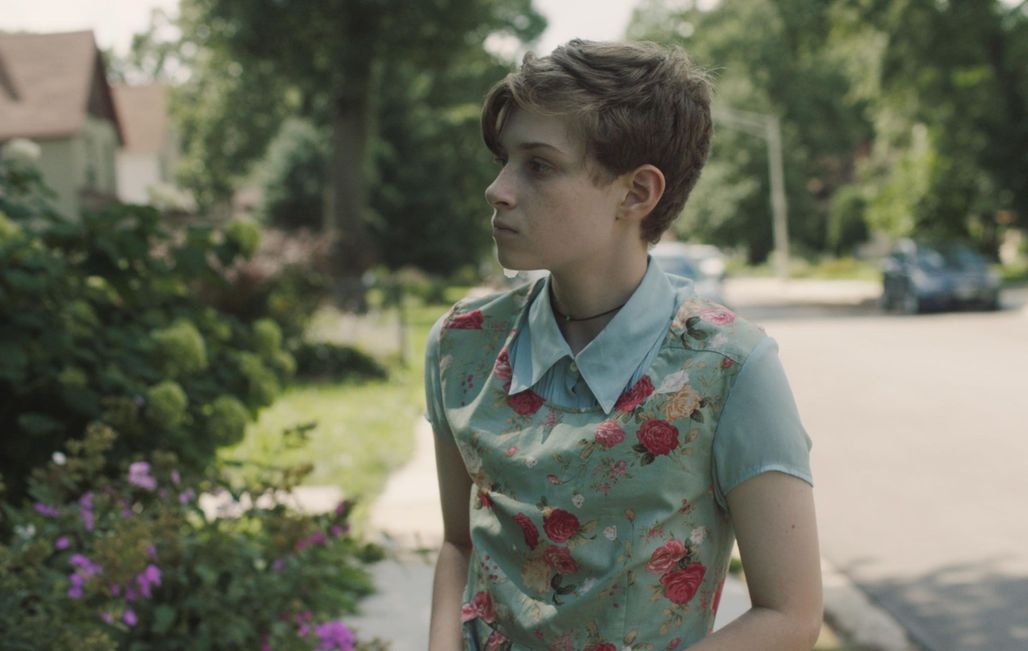
Interview with Anahita Ghazvinizadeh, director of They

Anahita Ghazvinizadeh is all grown up. She learnt filmmaking in her native country from the greatest mentor anyone could have in Iran: Abbas Kiarostami. She is a child of Cannes: in 2015 she picked up the Cinéfondation First Prize for Needle. She is drawn to issues around gender and youth and continues to explore them in her first feature film, They, showing at a Special Screening. The film tells the story of J, who is undergoing hormonal treatment and must choose their identity.
You won the Cinéfondation Best film award in 2015. How did it impact your career?
That Cinéfondation prize gave me the confidence to know I am capable of making the films I want to make. It didn’t make me think that I should immediately jump into making a feature film, because before winning the award I had another short film planned. I'm still close with the people at Cinéfondation.
Are you still in touch with Jane Campion, president of the Jury which gave you the award?
She has been following my work and has been a great advisor.
They is about gender and young people. Why are you interested in this issue?
When I was making films about childhood with non-professional actors, I felt I had to explore these therapeutic treatments for young people who question their gender identity.
“I was fascinated by this period of suspended animation, this time when you put yourself in suspense until you are able to define who you really are. Questions of identity and gender are important for me, but the question of identity and origins goes back to my own life as an artist and as an immigrant.”
Have you seen Céline Sciamma’s Tomboy?
I loved Tomboy. I saw it several times. The way Céline Sciamma works with children is very inspiring. I made a film in Iran, When a Kid Was a Kid, which is also about a young boy who dresses as his mother. A lot of people recommended Tomboy to me after that.
Working with children is supposed to be a complicated business. What's your approach?
One filmmaker said to me once: “If you have a symbiotic relationship with them, then you will get very close to the children. But at the same time, they don't have anything like the same life experience as us.” So I try not to get too close to the children, but I do spend a lot of time with them. We do a huge amount of rehearsing. I rewrite the text with them. The rehearsals are above all about establishing a friendship. We usually spend a few months reading the text.
What did you learn from Abbas Kiarostami when you spent time with him in Iran?
Abbas Kiarostami had an independent workshop in Iran. I had theory classes at university and this practical experience with Kiarostami. It was there that I came up with the idea for my short films. I was very inspired by his films, the way he directs children and non-professional actors, his casting methods, the way he looks for actors all around the world. Another way he helped me, before I left for the United States, was he told me about the time he was working on Certified Copy and Like Someone in Love. He encouraged me to try to work in a language other than my own. Cinema is our first language.


